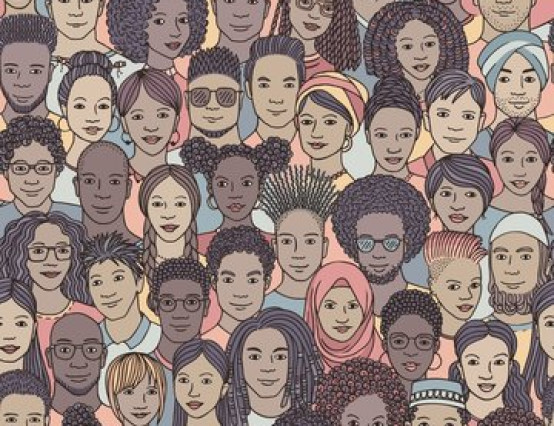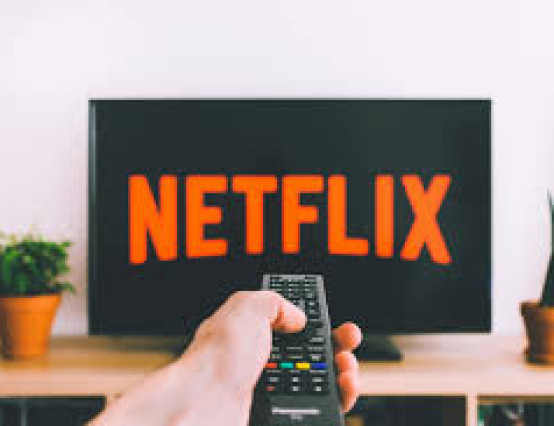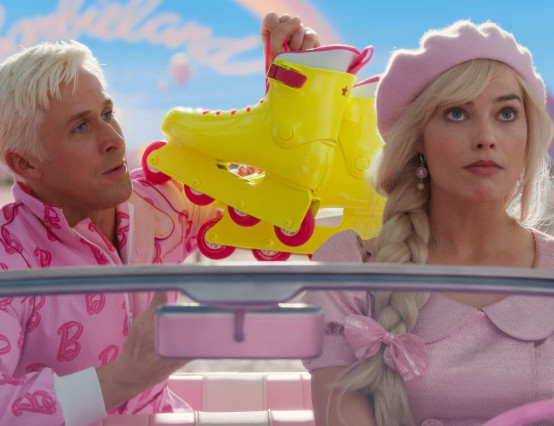With the general election happening sometime this year (the Prime Minister is looking at holding it in autumn, before the deadline of January 2025), I have been wondering about how the Conservatives’ decisions and policies have affected the ways in which young people may or may not engage with politics, politicians and councillors.
Although some may take an interest in understanding how their nation is run and who makes decisions, others struggle to engage with political matters and feel that their voice doesn’t matter to their leaders and representatives.
Here, I will explore why young people may not engage in the political system, what schools and organisations are doing to solve this problem, and other possible solutions to ensure that 1) they are involved in such processes and 2) that political parties are actively targeting the youth audience.
The lowdown
Firstly, one of the main perceptions of young people regarding politics is that they lack interest and the knowledge and wisdom of older generations to participate in the system. However, this couldn’t be further from the truth: 25% of teenagers and young adults aged 16-25 show some interest in political matters, according to the Redfield and Wilton research team, with only 2% of them saying that their friends have no interest in politics whatsoever. So, if young people are interested in politics, what is stopping them from participating in the system and engaging with those who are in charge of it?
This brings us to the second issue of many young people not actively participating in the democratic processes. They lack knowledge of the political parties, their policies, how to register to vote, polling locations and the candidates they can vote for. My research into political education in UK schools brought up guidelines for impartiality when teachers are educating and discussing parties, politicians and ideologies with students. Having expected to see information on what to teach children about politics and ideas for what teachers could do in their lessons, I was surprised to see this guidance of how to discuss differing views to students without favouring one side over another. Although this is useful for teachers, parents and guardians, what about guidance on what to teach children about the political system, and how to deliver this?
Education
Since the government’s decisions affect all members of society, surely its younger members need to be aware of how politics plays a role in their educational journeys, career prospects and the like. In my secondary school, we learned about the political parties in PSHE. While this was a positive experience as it gave us insight into what they were, I feel that we could have also looked at key figures from those parties and any of their significant contributions to UK politics and society.
Fast forward to my sixth form years, and my school was (and still is) offering politics as an option at A-Level. I felt that this was a good option for those who wanted to analyse the state of UK politics further, whether they seek a career in that field, or want to learn more about how it all works in preparation for voting in elections. Reading a blog post from the University of Birmingham School provided a first-hand insight into reasons why its politics students opted to study the subject. They included wanting to learn more about the wider world, and just having an interest in how the country’s leaders run the nation. Unfortunately, this was the only way in which sixth formers would be able to learn about the government and its systems. For those who had an interest in politics, but didn’t want to formally study it, they would only be able to read manifestos and political news websites.
Increasing participation and involvement
Many young people lack trust in the government and feel that it cannot relate to their needs and lives. Although just over half of 18-24-year-olds voted in the 2019 election, 3/5 of those aged between 18-25 feel that politicians don’t care about them, according to a 2022 report from the UK Parliament.
Similarly, there is also the issue of lowering the minimum voting age to 16. I remember reading about this in the children’s/teen newspaper First News, having first come across it in secondary school, and reading the arguments for and against changing the age, as well as the publication’s encouragement of its readers to discuss the issues in their classes. This was one of the first incidences of me gaining political awareness, and subscribing to the view that young people should have a say in the decisions that affect them. The British Youth Council says 32% of young people surveyed said they wanted the minimum voting age lowered to 16 in England and Northern Ireland, as they felt that it would make them more likely to participate in the democratic process. It also ensures equal voting rights for young people across the UK, as the minimum voting age is 16 in Scotland and Wales. This reform, the Council says, will go hand in hand with educating young people about the political system.
I agree with this approach, as it ensures that young people are well informed about how it works and what the different parties represent, as discussed in the previous paragraph. Giving them the right to vote and educating them at the same time means that they can apply their knowledge and judgement to voting at the polls, thus providing them with a foundation for understanding how they can make a difference in their lives. Additionally, it also provides consistency to what one can do upon turning 16 - although 16-year-olds can’t vote, they can do other things like join the army, have sex and leave home. It can be argued that if one can do these mature activities, then they should be allowed to vote as well, as that is also a mature action.
The role of local councils and government
There are other ways in which young people can participate in the democratic process besides learning about politics in school and voting in general and local elections. The Local Government Association has a guide on engaging young people, aimed at local councillors. The guide recommends that local councils and government should engage with young people, as it will increase turnout in elections and make them feel acknowledged and involved in political matters. They can achieve this through holding youth elections for a representative who will work with the council on the young people’s behalf. An example of this is Lewisham. In 2004, the city held an election for a young mayor as a youth counterpart to the adult mayor; school students aged 11-18 participated. This is now a regular process, taking place during ‘local democracy week’ and creating a culture where young people have their right to express their views and to be heard and represented by local leaders.
The rise of social media
Social media is another useful tool for engaging young people in politics: 90% of 12-17 year olds use platforms such as Facebook, X (formerly known as Twitter), Instagram and TikTok. Roehampton University writes that according to the civil project Vromen, 90% of young people used Facebook to engage in politics by sharing their viewpoints and emotions. Similarly, X/Twitter has also been a growing ground for movements such as #MeToo and #BlackLivesMatter, allowing people to connect over important issues not just in the UK, but around the world as well. These connections lead to further involvement in politics, as young people are using the platforms to speak up on issues that affect them and are likely to affect future generations as well.
Takeaways
We can see that organisations have taken steps to increase engagement and interest in politics amongst young people, ensuring that they know about how the country is run and that their voices are heard on a local, national and international level. When combined with the offering of A Level politics in some institutions, and the continuing rise of social media, it seems as if young people have more resources to learn about the democratic system and the agendas of the various political parties and politicians. In spite of this, not many young people opt to study A-Level politics, meaning that only a handful of them have in-depth knowledge of the UK’s political system. A way of making such knowledge and education more widespread is to offer non-academic alternatives in the form of organisations visiting schools to give talks, as well as youth elections in local authorities. These will give practical ways of providing political know-how that will educate students who want to learn more about the system, without committing to studying the subject at A-Level.
With all this in mind, I would like to see more young people contacting and directly engaging with MPs and local councillors, as well as wider political education that takes place not just in state schools, but also before GCSE and A-Level studies. If all of the above is implemented, I have no doubt that the turnout of young people will increase come the next general election.









0 Comments